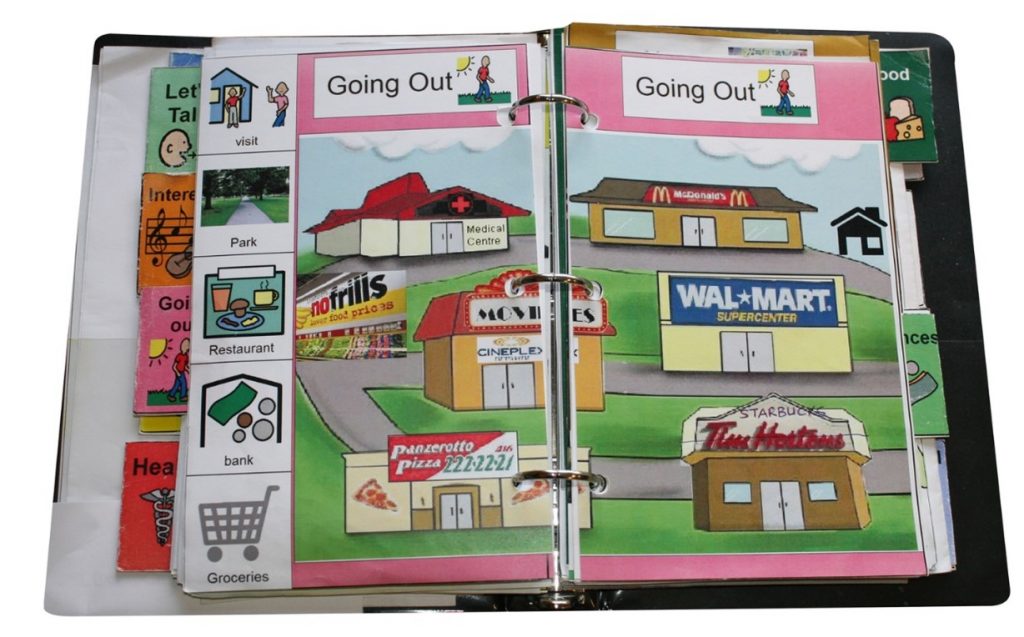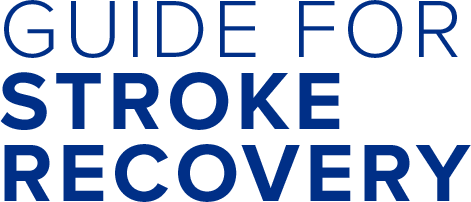What is aphasia?
Aphasia happens when a stroke damages the language part of the brain. This makes it hard for someone to communicate.
Symptoms of aphasia include trouble:
- Sharing thoughts
- Talking clearly
- Understanding what other people are saying
- Reading
- Writing
Aphasia is a problem with language. It does not affect:
- Thinking
- Planning
- Decision-making
Watch this video to learn more about what aphasia is:
Video credit: Lakeridge Health
How can I communicate more easily if I have aphasia?
There are many things you can do and tools you can use to communicate.
Here are some ideas you can try:
- Let people know you have had a stroke. Tell them you need more time to express yourself.
- Practice communicating with family and close friends
- Practice communicating with 1 other person in a quiet room. As you get more comfortable, practice in different settings with different people.
- Use a special computer
- Use a communication board or book with pictures or photos of common phrases and topics that are important to you

If you would like to find out if a communication board or book or special computer can help you, talk to your Speech-Language Pathologist. You can also ask your healthcare team to refer you to an Augmentative and Alternative Communication Clinic.
AAC clinics can help:
- Test to see how the stroke has affected your ability to communicate
- Recommend special communication equipment
- Teach you how to use the equipment
Ask your healthcare team for a referral to an AAC clinic near you.
How can I practice communicating with others?
Join an aphasia or stroke support group. These groups provide a supportive setting for you to practice communication skills so you can more fully participate in life activities.
Here is a list of some local aphasia centres in the Greater Toronto Area:
- The Aphasia Institute
- Halton-Peel Community Aphasia Programs
- March of Dimes: Aphasia and Communication Disabilities Program
How can I communicate more easily with my loved one who has aphasia?
- Speak naturally, using normal volume and an adult tone of voice
- Acknowledge their frustration or fear of not being understood by saying, “I know you know what you want to say but are having trouble finding the right words.”
- Use short phrases, gestures that are easily understood or pictures
- Write down key words
- Ask yes/no questions
- Provide choices
- Give them time to answer
- Summarize clearly what you think they are trying to say.
- Use gestures or write down key words if needed.
Having read the information in this section, consider the following:
- Can I communicate my needs and wishes so that I am understood?
- Can my family and close friends communicate well with me?
- Do I know how to tell people that I have difficulty communicating?
- Can I join in on social situations?
- Do I need any special supports (such as a computer or communication board) to help me communicate?
Where to get more information, help and support:
Centralized Communication Equipment Pool
Ontario Association of Speech-Language Pathologists and Audiologists
